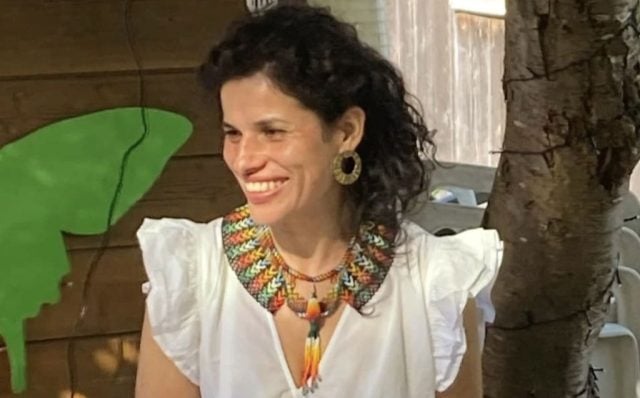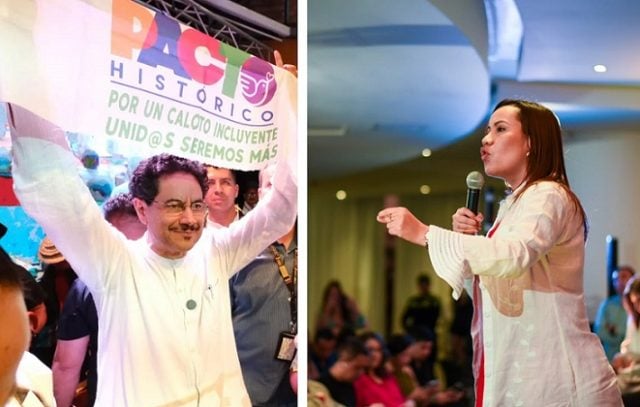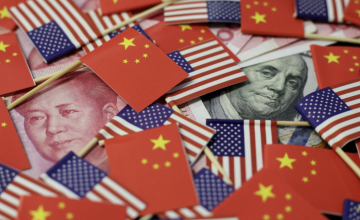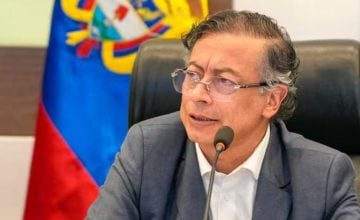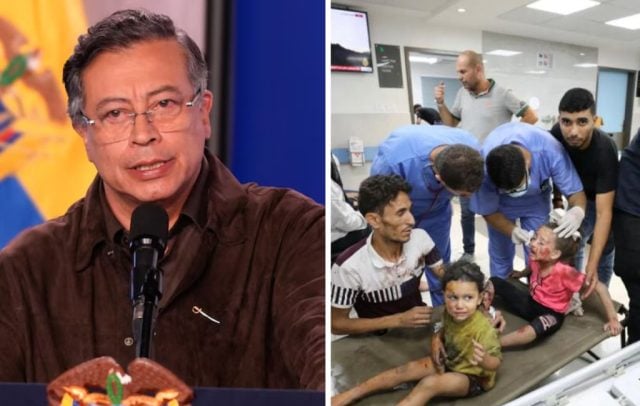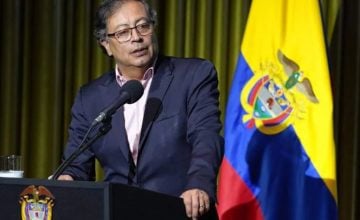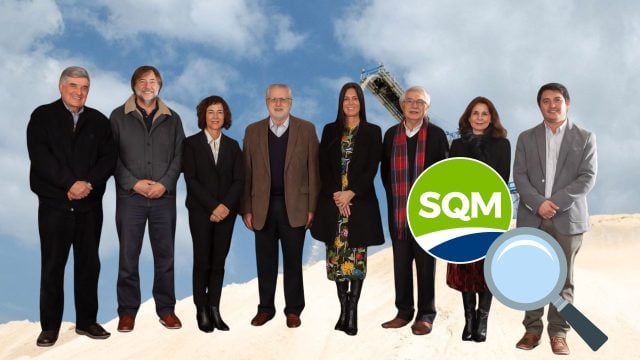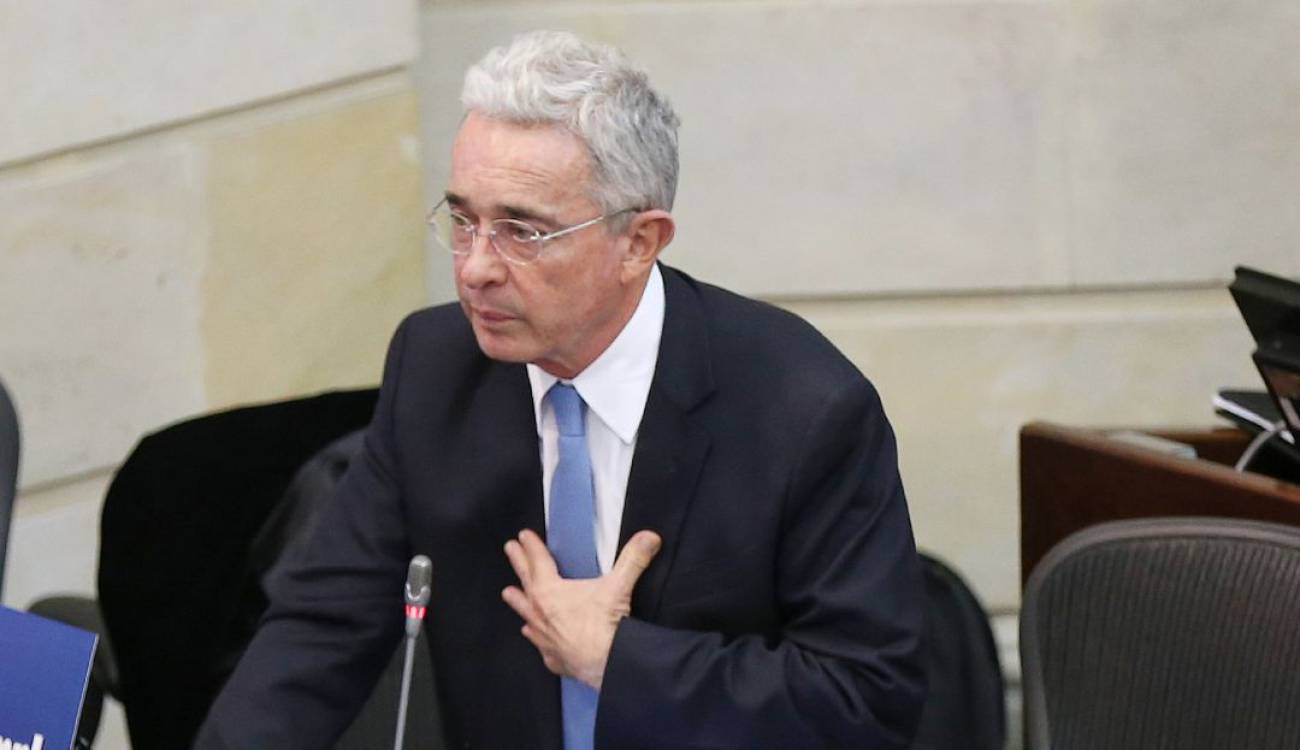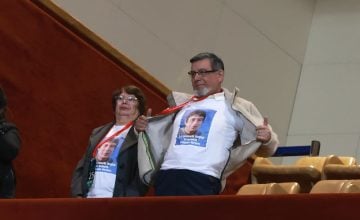Original article: “Colombianos en Chile deben inscribir su cédula en la embajada para poder votar”: Marcela Martínez, precandidata al Parlamento de Colombia
As part of her tour connecting with the Colombian diaspora, Marcela Martínez, a candidate from the Pacto Histórico for the House of Representatives, visited Chile. In an interview with La Mañanera on El Ciudadano, she urged her fellow Colombians to regularize their voting status to participate in the upcoming legislative elections scheduled for March 2026.
«Colombians in Chile must visit the embassy to register their ID to vote. If they have voted previously, they just need to check with the electoral office to find their polling place,» Martínez stated, clarifying the registration deadlines.
«There is a deadline of January 8 for ID registrations to participate in the House and Senate elections, which are the country’s legislative bodies. You must register by January 8 to vote on March 8.» For presidential elections, she added, «the registration deadline is March 30, and the elections will be held on May 31.»
«We will face candidates from the right, far-right, and center, and the goal is for the left to continue leading Colombia’s process,» she emphasized.
She also clarified that this registration process is independent of the person’s immigration status in their country of residence.
«It doesn’t matter if they have residency documentation or not; as Colombians, they face no barriers and can exercise their right to vote,» she asserted.
A Commitment Rooted in Her Mother’s Womb and Exile
In a conversation with El Ciudadano’s Director, Javier Pineda Olcay, the candidate shared insights into her extensive political and social journey, which traces back to her family origins.
«I have been politically involved since the womb of my mother, a health sector unionist and a member of a severely repressed party, the Unión Patriótica, which saw over 5,000 of its militants killed, marking one of the first recognized political genocides,» she recounted.
Her activism continued in high school and later at the university. At 18, her participation in a student strike at the Universidad de Caldas in Manizales in 2007 led her to leave Colombia.
«As a result, a professor and several students were detained, and others were threatened, so I fled to Venezuela (…). There, I lived with politically aware individuals who helped me deepen my understanding of democracy,» she explained.
After studying sociology, she moved to Switzerland, where she obtained a master’s degree in international politics and learned French. Her activism there focused on immigrant rights and global causes.
«In Switzerland, we experience very strong structural racism, so we built spaces such as the anti-racist coalition. I am also deeply involved in boycotting, divesting, and sanctioning Israel, as the genocide occurring there cannot go unnoticed,» she pointed out.
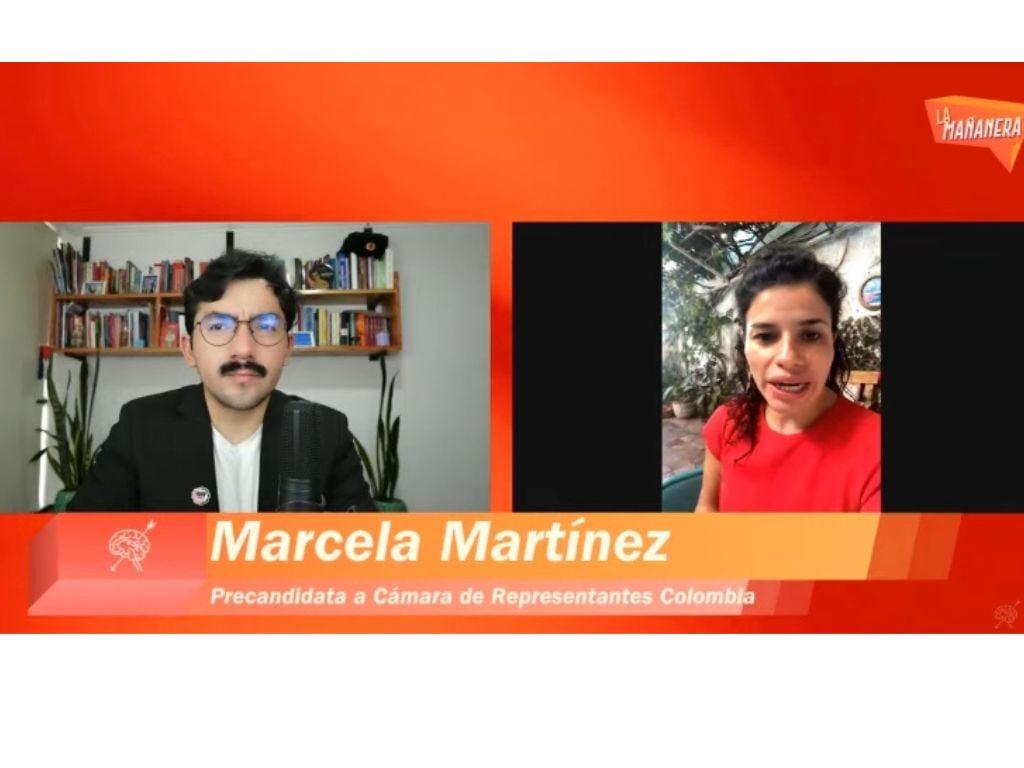
Marcela Martínez: «Migrants Are Extremely Valuable to Countries»
When asked about her views on migration, Martínez critiqued the surrounding discourse, particularly in Europe.
«There’s a double standard because while the right-wing parties exploit migration narratives negatively, they also benefit from the labor of migrants who perform many jobs that others refuse to do, including cleaning and construction work (…) thus providing needed manpower. Many migrants are highly skilled professionals like doctors and architects, trained in their home countries, bringing tremendous benefits to their host countries,» she remarked.
«The Chilean state incurs no cost for the education of a person who contributes to society, regardless of their origins or the situation they left behind. Thus, while there’s an anti-migrant narrative, there’s also a dependency on their labor, which is often used to divide the working class by blaming them for economic issues,» she added.
For the candidate, this rhetoric is used to «divide the working class» and obscure real issues arising from «poor governance and mismanagement.»
In this context, the sociologist reiterated the importance of migrant organization to defend their rights.
«We need to organize because it allows us to protect ourselves, and many proposals for migrant protection are emerging in parliament (…) Furthermore, it is essential to affirm that migration is a human right that has always existed and will continue to exist,» she stated.
She highlighted that the Colombian government under President Gustavo Petro is actively addressing these issues.
«In Colombia, we are committed to improving living conditions in the country and addressing the violence caused by paramilitarism and various armed actors so that people migrate by choice rather than necessity or obligation, which reflects two realities we currently face. In January, we’re launching a vice ministry for migration, which is something we haven’t had before, as there’s a significant population of Colombians abroad that we need to track, understand, and organize,» she revealed.
«This is a key point for us because it also entails the idea of citizen diplomacy abroad, and to enact this, we need to identify significant historical social movements that enable us to pursue this citizen diplomacy,» she emphasized.
She mentioned that her candidacy for the Pacto Histórico involves a comprehensive tour of various countries to understand the different realities of the Colombian migrant community.
«We have just traveled through the United States, Venezuela, Spain, the United Kingdom, Argentina, and now we are in Chile. The reality of migration varies greatly depending on each country,» she explained.
Migrant Camps in Chile
Regarding the situation in Chile, the Colombian parliamentary candidate noted that she is aware of the existence of «migrant camps housing many Colombian migrants.»
«Colombian migration is quite diverse, consisting of people who have left for various reasons in search of better opportunities, alongside well-educated individuals who are in very good condition,» she said while highlighting the establishment of ‘Casa Colombia’ in the country, a government project aimed at integrating and creating connections within the migrant community.
«I know that Chile is executing one of the programs that I would like the Colombian government to develop in many other locations, which is Casa Colombia. It is designed to help facilitate connections and bonds within the migrant community. This is a very important project, alongside the Civil Society Table, which represents various territories and aims to characterize the migration. It’s a work that has just begun and is quite recent. The presidential candidate for the Pacto Histórico, Iván Cepeda, has committed to conducting a census of Colombian migrants and profiling them,» Martínez proposed.
Colombian State Acknowledgment of Crimes Against the Unión Patriótica
During the interview with La Mañanera, the candidate was asked about the Colombian state’s acknowledgment of its international responsibility for the extermination of the Unión Patriótica (UP) party as part of the path toward truth, memory, and collective reparation for the victims.
«When all that happened with the Unión Patriótica, I was in my mother’s womb, so I can say I experienced it as an infant. The level of repression was tremendous; over 5,000 party militants were assassinated. My father had to live away from home to avoid being killed in front of us, indicating the widespread violence. Today, there is recognition of the state’s actions because ultimately, all these murders were linked to collusion between state entities and far-right paramilitary groups, which were often one and the same,» she explained.
«Currently, there is an acknowledgment process going on where they admit their wrongdoings and ask for forgiveness. While there are collective reparations, many families have struggled to access them after more than 20 years, making it tough to find them,» she noted.
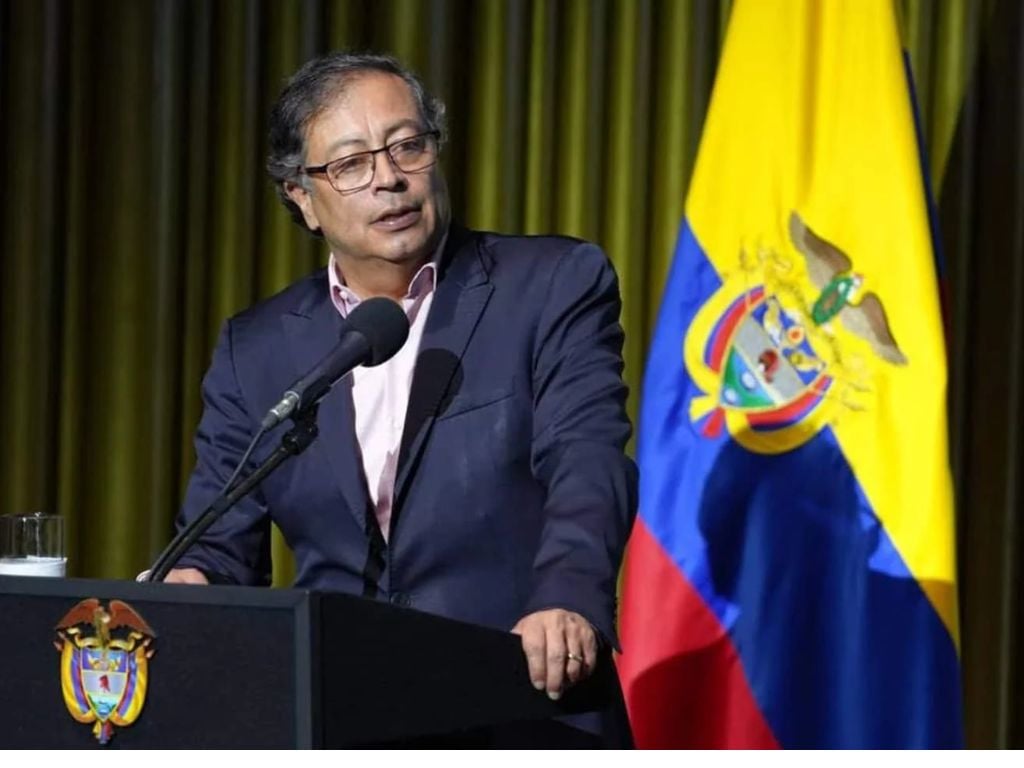
Evaluation of Petro’s Government and the Electoral Challenge for 2026
Regarding President Gustavo Petro’s administration, Marcela Martínez provided a summary that acknowledges progress despite challenges.
«First of all, we did not have a congressional majority in either the Senate or the House, so passing any legislation was not easy; nonetheless, initiatives such as pension reform were approved,» she recalled, highlighting achievements like free university education and the establishment of «a gender-focused diplomacy.»
However, she stressed that challenges remain, «because many of his reforms could not be carried out due to lack of majority support, hence the importance of the upcoming elections in 2026. «
In this light, she referred to the Pacto Histórico’s aspiration to become a unified party, a process she claimed is being obstructed. «The right is preventing that party from emerging and progressing.»
She noted that following an internal consultation, Iván Cepeda will be the party’s presidential candidate, «a man connected to social movements.»
Finally, the candidate discussed Petro’s foreign policy, particularly regarding Venezuela.
«One of the attacks against Colombia is regarding its refusal to support the military aggression towards Venezuela and the rejection of new U.S. military bases in our territory,” she stated.
«Under the pretense of sanctions against drug trafficking, many aggressive policies are justified today, including targeting Colombia in its fight against drugs, even when we have the government that has seized the most drugs and arrested the most traffickers. Thus, we see that these political sanctions are disguised as legal sanctions. We have also noted a similar pattern during the Trump administration, where those who cannot be controlled or subjugated are labeled as drug traffickers or terrorists, even in cases where there is evidence linking some to such activities,» she emphasized.
Through her tour in Chile, which includes visits to migrant communities in both northern and southern Santiago, Marcela Martínez aims not only to understand the diaspora’s needs but also to mobilize them as a crucial factor in next year’s significant elections in Colombia.
In the broadcast on Tuesday, November 25, La Mañanera’s director analyzed the constitutional accusation against Minister Diego Simpértigue, associated with corruption within the judiciary, as well as the U.S. peace plan for Ukraine and Russia.
You can watch the full program below:
